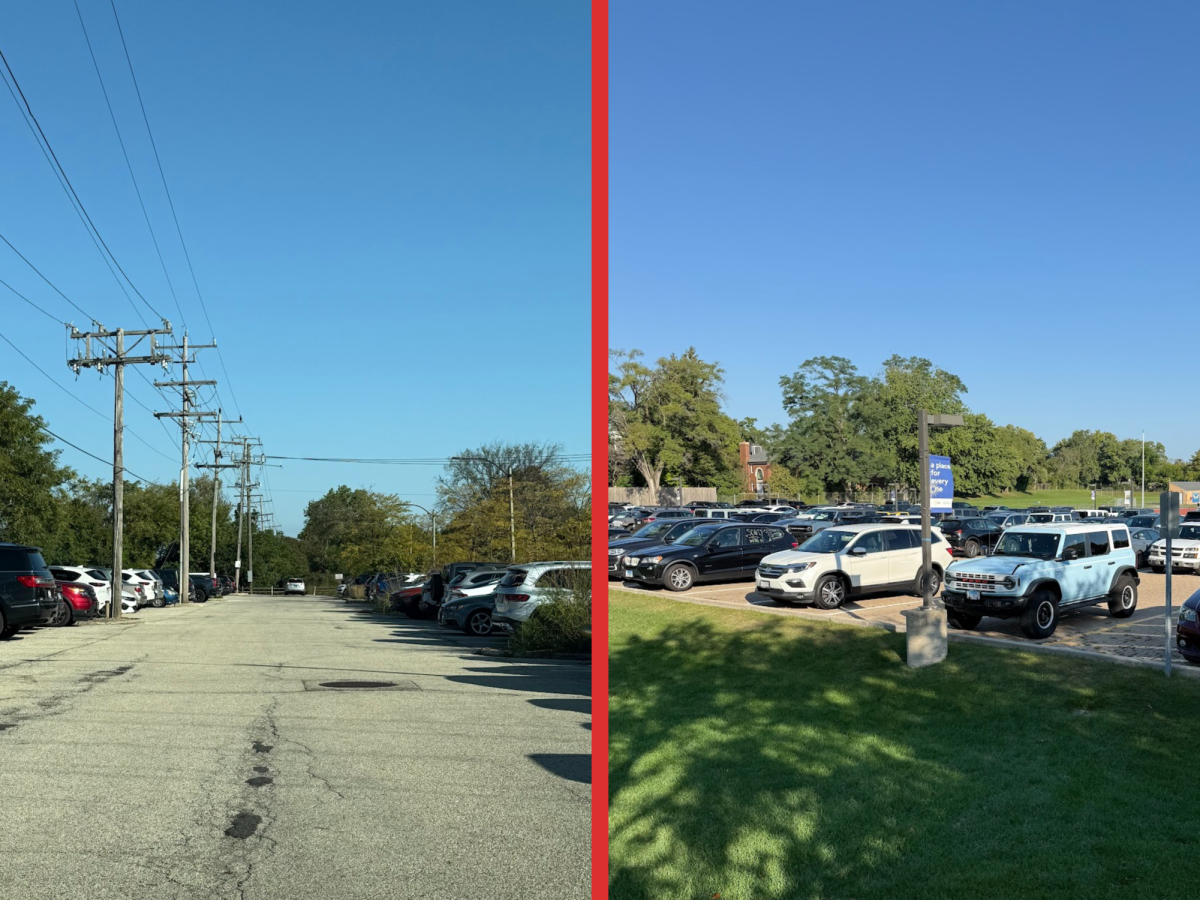Spring break has come and gone, and the large influx of vacation photos have subsided with the excitement catalyzed by a week off of school and a few days spent in an exotic destination. In our generation, however, whenever someone goes out and does something different from their everyday, routine life, the immediate need for pictures is evident; and is dually evidenced on our Instagram, Snapchat, and Facebook feeds. It is an important part of our lives in the current technological empire we live under. Everyone–and I do mean everyone–is posting. Cute pictures they have with an ocean backdrop in a swimsuit, candids with their friends with golden rays of sun behind them, and more serious, glamour shots in an attempt to pass as a model of high class–all in an attempt to make other people jealous or to try and add something to their almost profile. During break is one of the most post-heavy times of the year; everyone’s posting their brand new clothes next to a beach or on top of a mountain. I’m not saying that this is a horrible thing, but it can definitely shape the way we see our classmates.
Within this current generation, there are far more pictures that leave the older generation confused. They never understand the need for a picture at every possible checkpoint on your vacation that was designed to help you unplug or relax, or why instead of looking at the camera we are staging a laughing fit, attempting to capture the moment’s purest form as opposed to the second when we are looking into the lens as a group.
Well, parents, it’s all part of internet culture.
Students like myself are just trying to get good pictures, and we’re always on the hunt. Whether we want to post them on Instagram, Facebook, or VSCO right then and there doesn’t matter. What does matter is we have those pictures for as long as we want. We can use them as backgrounds on our computers or for throwbacks when we need a little pick-me-up during the end of the school year slump.
There is an entirely different issue, however, that arises when scrolling through the vast extent of pictures upon our return to Lake Forest. These pictures have at sometimes been more adventurous than the average picture and people are more willing to post beach or swimsuit pictures more freely because it has become welcomed by society.
I’m not saying that no one should have a positive body image or that no one looks beautiful when they post their super cool pictures in a triangle suit. But, I am saying that these students need to be careful with what they put out on social media. The internet ca be n an environment fueled by untrusted sources and strange people. As teenagers, we never know who stumbled upon our VSCO account or if an employer somehow saw our most recent Facebook photo. After all, we’re teenagers–whether we’re freshman or seniors–and we’re still vulnerable to other people’s comments about us. Not to mention, we are at times overtly sensitive to our body images.
Every single person in this student body deserves to feel confident in their looks and not be worried about what everyone else thinks. Yet, when students post these pictures on their Facebook or Instagram, it, even without direct intent from the user, still forces us to compare. Does my body look like hers? Would I have the audacity to post that? What will people comment if I post this?
A lot of times, we post to see how our classmates will respond. We’re curious by nature, and what better way to start a conversation than by letting everyone know where you are and what you’re doing. I get that. But the internet is full of dangerous conversations, and social media perpetrates that danger more so than any other entity.
I know that many different followers have access to these pictures. Yes, even the person that you blindly accepted without knowing who they are and the guy or girl you barely know in your English class that just started following you. I’m not saying that every single person you meet on the internet is horrible, but I do think it needs to mentioned that safety is of the highest priority.
There are predators online who are waiting for you to post another picture–even one that you may have found harmless and cute–with a malicious verbal intent in mind. Our generation is constantly shown the negatives of having a public profile on any social media. We have been scorned so in depthly that it’s a part of us now. We all know the basics: don’t share any personal information on the internet, be careful who you friend, and make sure what you post is how you want to be thought of. It’s difficult sometimes to understand the full depth and scope of what we are posting on social media because even though we have been told a great number of things, many students are still not careful or thoughtful when developing their online shadow.
Most of the kids in this school have had their Facebook profiles developed before they hit the age of 13. This much is obvious as evidenced by the vast amount of birthday notifications that show up on our app, suggesting that we send best wishes to someone who is interestingly turning 23 while also being a member of the junior class. It’s easy to lie on the internet–it’s easy for us, but also easy for others. Many students in this generation were brought up while social media technology advanced dramatically. Most students saw the birth of the iPhone and the shrinking of the television as much as anyone else. Along with that, many students saw the positive aspects of technological advancements and connected them to all parts of the internet. Those positive benefits have outweighed the notion that internet predators are real because we haven’t witnessed anything firsthand.
There are a lot of students who use the internet constantly. This isn’t a Lake Forest problem, but rather a problem for the country and world at large. 56% percent of 13 to 17-year-olds use the internet several times a day, which is not uncommon since our generation relies heavily on social media. We talk to our friends throughout the school day by texting them or sending them pictures. At this point, social media has become somewhat of a chore. It is difficult to constantly keep up with the fast pace and omnipresent need to keep Snapchat streaks alive or make sure you are posting the “socially acceptable” amount of posts on Instagram. Constantly cleaning up your life online can become tedious and excessively large stress to many of the students in the high school.
I recommend that if you feel yourself getting sucked into the internet too much every now and then, just unplug. Stop and think about this. You wake up and don’t immediately have to check your phone for any late night texts Snapchats. Only do these things if they bring you joy; if they add unnecessary stress, don’t do it. All of these social media devices were created in order for kids to post the fun stuff they are doing and to share something good that happened in your day. Rather, at times they have been turned into the complete opposite and have taken over the lives of many students and friends.
I have had a few friends who decided to completely delete their Snapchats and Instagram, like Amalia Ligouri-Coneff. Although it was hard to reach her at times, it was interesting because she seemed happier. There were definitely a few times that she was curious as to what a certain Snap story might contain, but overall she was happy the app was deleted.
“Deleting social media for a bit was liberating in many different ways. At the time, I deleted Snapchat because I felt like it was taking up so much of my time and it was something I didn’t enjoy at all. I just felt socially obligated to keep streaks and keep up with everyone’s stories. I was afraid that if I stopped responding and lost some streaks that people would think I don’t want to talk to them,” Logouri-Coureff mentioned.
“I deleted it so my friendships would be more than just “streaks” or pictures of their faces. I felt like I never really talked to my friends through it. it was just something that was fun at first but had become more of obligation than enjoyment.” In describing the feelings that followed in succession, Louri-Coureff explained, “When I deleted Snapchat, I talked to my friends more and felt more connected to them. It showed me how social media, while often fun, can take a toll when trying to create long lasting friendships. Since I re-downloaded social media, I stay off of it more because I don’t want to spend my life doing trivial things that don’t bring me happiness and that’s what social media is to me.”
So if you don’t feel happy on social media, just delete it and move on with your life. No one, especially me, would ever blame you.














